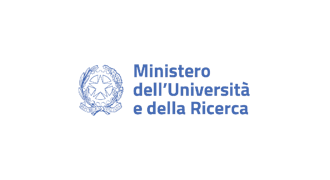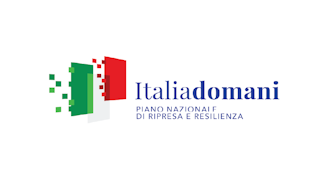Session
Holistic Multi-Risk Assessment of Urban and Metropolitan Areas in Italy
Track 2 - Special Session
This special session will delve into the comparative analysis of diverse pilot test cases conducted across Italy within the project RETURN, focusing on climate and disaster risks specific to urban and metropolitan areas. Anchored in a holistic, multi-risk framework, the session seeks to foster an insightful dialogue on the commonalities, synergies, and notable differences identified across the selected cases. By addressing these aspects, the session aims to advance our understanding of risk assessment methodologies and their adaptability to varying urban contexts.
The featured test cases have been analyzed and documented using the impact chains methodology, which offers a structured approach to visualizing causal relationships between hazards, vulnerabilities, and impacts. This approach, paired with the capabilities of the RETURN platform developed by ALMAVIVA, ensures consistency in data representation while accommodating the unique characteristics of each target area.
Key topics for discussion include the shared challenges and opportunities uncovered across the test cases, as well as the diverse outcomes stemming from differences in regional contexts, urban dynamics, and methodological approaches. Particular attention will be given to the influence of localized factors—such as socio-economic conditions, governance structures, and environmental vulnerabilities—on the risk assessment outcomes. Furthermore, the session will explore how these findings can inform scalable and transferable solutions for urban resilience planning.
This session offers a unique opportunity for participants to engage with cutting-edge research and toolsets that integrate multi-dimensional risk considerations into urban planning. It invites contributions from researchers, practitioners, and policymakers with an interest in advancing holistic risk assessment practices. By bridging differences and identifying shared pathways, the session aspires to contribute to the development of resilient urban environments capable of withstanding the complex challenges posed by climate and disaster risks.
Presentations:
080 Faggi Andrea, Heatwave impacts on human thermal comfort in the urban context: a case study in Bologna (Italy)
109 Rago Margherita, Building a Multi-Hazard Exposure Database for Urban Risk Assessment: the Case of Genoa
137 Bosone Martina, Holistic and Multidimensional Approaches to Assessing Systemic Vulnerability in Urban Settlements
149 Simonet Gaspard, Multi-Source Observations and High-Resolution Modeling to Investigate the Urban Heat Island in the City of Bolzano (Italy)
152 Ferretti Francesca, Integrated multi-risk assessment for resilient cities: The case study of Bologna
165 Polese Maria, A simplified approach for urban multi-hazard hotspot identification: a case study of heatwave and earthquake risks
217 Ali Sana Fatima, Thermal Resilience of Social Housing in Bolzano: A Microclimate-Informed Simulation Approach
257 Boni Giorgio, Research activities of the UNIGE RETURN Team on pluvial flooding hazard and risk assessment in urban area






